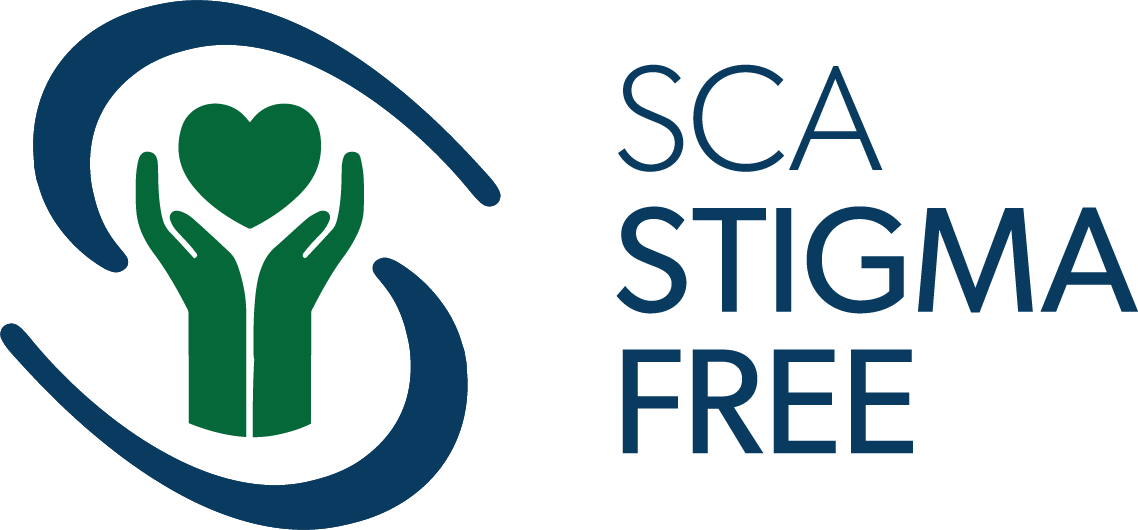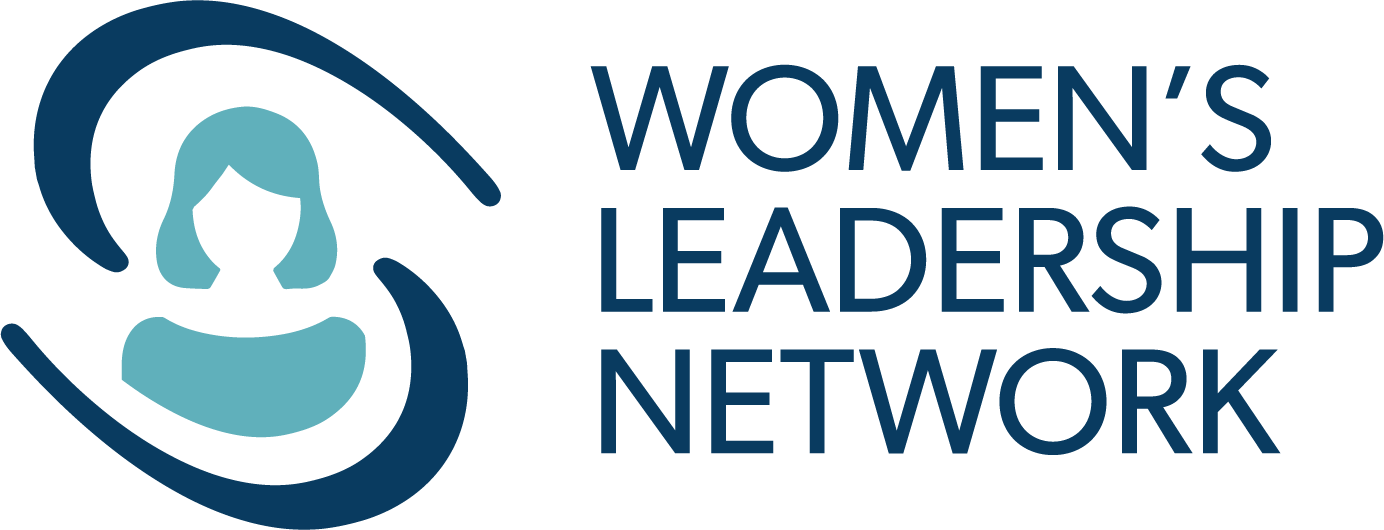SCA Health is proud to support our mission of inclusion and diversity through our Teammate Resource Groups (TRGs). Our TRGs provide spaces for our teammates to discuss shared experiences impacting their personal lives, both inside and outside of work.
SCA Health teammates Cory Hall and Melissa Jones are the co-chairs of the Stigma Free TRG. Cory Hall is an Administrator at the Presidio Surgery Center in San Francisco, CA, and Melissa Jones is the Manager of Operations at WestHealth Surgery Center in Plymouth, MN.
Answers provided by Cory Hall are represented as CH. Answers provided by Melissa Jones are represented as MJ.
Some answers have been slightly modified for brevity and clarity.
Q: In your own words, can you describe the Stigma-Free TRG?
CH: The Stigma-Free TRG focuses on a very broad and personal topic – mental health. Our group is primarily about tearing down perceived barriers to mental health. Because we all have our traumas and experiences that shape us, we all potentially have mental health challenges.
MJ: The Stigma-Free TRG is doing exactly what the name says, and that is removing the stigma that surrounds individuals who have mental health diagnoses. This also includes individuals who sometimes, even if it’s not an actual diagnosis, still have stigmas around just some of the feelings of mental health and some of the life events that cause feelings of anxiety, PTSD, or depression.
Q: What inspired the creation of Stigma-Free and its mission to support those affected by mental health struggles?
CH: In my opinion, the genesis of this TRG was the desire to let our teammates know that a specific group is actively trying to create more methods of support and education around mental health challenges.
MJ: I think the main driver behind the formation of this TRG was wanting to take the stigma around these mental health struggles away and allow people to be their most authentic self.
Q: What activities or initiatives does Stigma-Free organize to promote understanding and support of these issues within SCA Health?
CH: Twice a year, we put together an educational webinar, usually during May, which is around mental health awareness month. Then, we do another in September that focuses on suicide prevention. We have a steering committee that talks about what we feel are the most pertinent issues that relate to those key months and discuss what we feel are the most hard-hitting topics.
MJ: Our activities mainly focus on education and prevention. We always have a table at the Annual Leadership Meeting (ALM) to promote the Stigma-Free group as well as self-care, mental wellness, and resilience.
In May, we do a mental health lunch-and-learn about various subjects. This year, we’re focusing on how to identify and help individuals who come to our surgery centers who may be caught in human trafficking. We want our teammates to know how to recognize the signs and what actions to take to assist those affected.
We’re also planning an education session on helping families heal from breaks in their structure due to difficult subjects like politics and religion. With so much angst in our society right now, we want to give our teammates the tools to mend those divides.
In the fall, we put together a well-being calendar because not only are we incredibly busy at work—the fourth quarter is the busiest time for surgery centers—but then you’ve got Thanksgiving and Christmas, which can bring a lot of stress. Our calendar provides easy ways for teammates to focus on self-care and helps them get through that busy and anxious time. Lastly, every September, we do a webinar on suicide prevention, as it is suicide prevention month.
Q: What has been SCA Health teammates’ response and participation level to the Stigma-Free TRG so far?
CH: We’ve seen fantastic turnout from teammates across the organization. One of our webinars last year attracted about 150 live participants. However, we recognize there’s an opportunity to engage even more of our teammates, particularly those at the center level – or what we call our grassroots level – who are busy providing hands-on care.
MJ: So far, I think participation has been pretty good. We typically have around 150 people join our webinars and lunch-and-learns, which is great. However, we’re having some difficulty reaching down to the center-level teammates, as when we have lunch-and-learns, they’re often busy taking care of patients.
Q: What challenges does this group face in fulfilling its mission, and how do you work to address those obstacles?
CH: I think the main challenge is that there is still a lot of stigma around discussing mental health, particularly for men. Stigma-Free is about getting people comfortable talking about mental health and helping people understand that we need to do whatever we can to tear down that stigma.
MJ: When we do activities and education during the workday, center-level teammates are often busy taking care of patients. This issue is not unique to the Stigma-Free TRG. We’ve taken additional steps to get some of this education to them, including recording our sessions and sending them out via email so they can watch them on their own time. However, we need to think more outside the box about how to reach these teammates.
Q: What goals do you have for the Stigma-Free TRG in the future?
CH: I would like to see more people interested in joining Stigma-Free and participating in our meetings and monthly calls where we discuss topics. The more people we can have involved with mental health, the more we talk about it. The more we talk about it, the more the stigma around it gets torn down, and the more we can support our teammates.
MJ: Our goal for the future is to help individuals understand that we all see the world through a different lens, and it’s that the lens that each of us looks through isn’t wrong, just different. When we are willing to accept people’s different views of the world, our lives become much richer and much more beautiful.
Want to learn more about SCA Health and our Teammate Resource Groups? Click here.
Check out previous entries in our TRG Spotlight series below:









